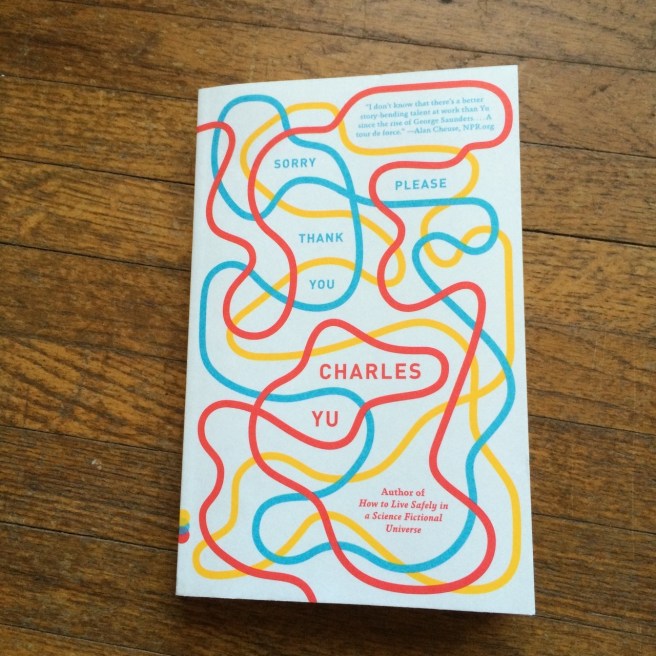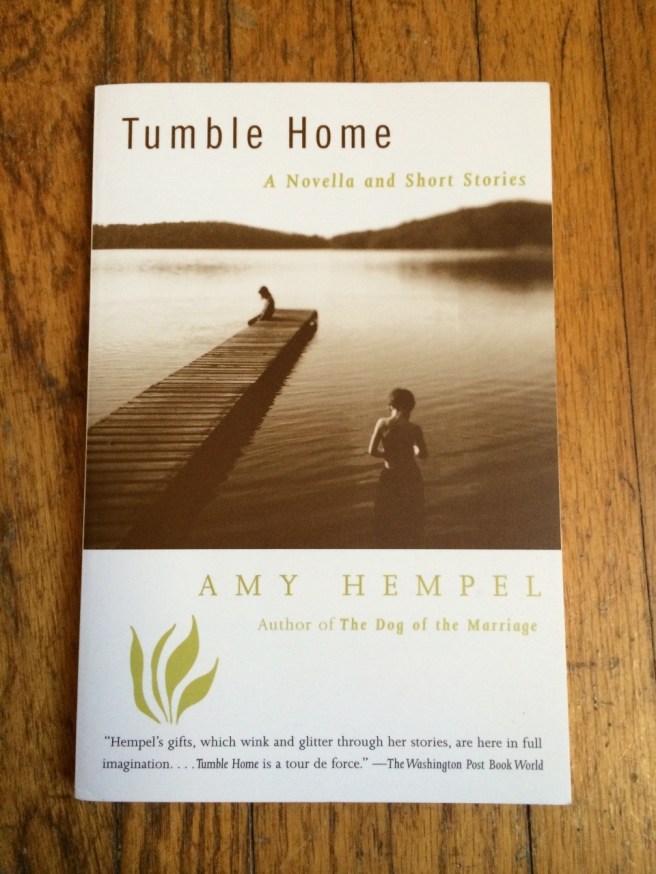
James Tanner’s Growing Sentences with David Foster Wallace is a nice parody of the writer’s style. A little absurd but kind of spot-on. Amusing for a little while, just like it always is when you’re watching someone else work. But if you get a chance to read a bit of Wallace (granted, I’m no expert—I’ve only got maybe 3-400 pages under my belt, but more is on the way), you get a sense of how crazy inventive this guy was, whether you like the stories or not.
In the stories in Oblivion, all these layers of ambiguity or inexactness juxtapose with excessive detail. I like the way the narrators/protagonists/Wallace zip around making associations and adjustments and corrections, sentences accumulating detail as you read. At its best it’s kind of like a mural with words. Everything, large, all at once.
Let me get fetishy with a couple sentences. My favorite bit in recent memory, from The Soul Is Not a Smithy:
I was often the first to register the sound of my father’s key in the front door. It took only four steps and a brief sockslide into the foyer to be able to see him first as he entered on a wave of outside air.
Four steps and a sockslide and a wave of outside air. Lord, that’s perfect. I’m willing to grant that I especially like that one because it makes me think of Dad, but I haven’t read something so compact but evocative in a long time. Here’s a funny bit from the opening story, Mister Squishy, mostly set in a market research office:
Attached to the breast pocket on the same side of his shirt as his nametag was also a large pin or button emblazoned with the familiar Mister Squishy brand icon, which was a plump and childlike cartoon face of indeterminate ethnicity with its eyes squeezed parly shut in an expression that somehow connoted delight, satiation, and rapacious desire all at the same time.
You can certainly read the verbosity as annoying and peacockish, but I can’t help but love seeing the product of a mind at work, like he’s been doing some serious thinking and noticing. Likewise, a couple dozen pages further into the story, some clever meeting room cynicism:
All that ever changed were the jargon and mechanisms and gilt rococo with which everyone in the whole huge blind grinding mechanism conspired to convince each other that they could figure out how to give the paying customer what they could prove he could be persuaded to believe he wanted…
I’d say Good Old Neon was the highlight for me, but the title story Oblivion gives it good competition. The first is imagined reflections before a suicide. The second a husband’s retelling of an ongoing dispute with his wife about his alleged snoring. Neither of those summaries do them justice. Read those two at least.



